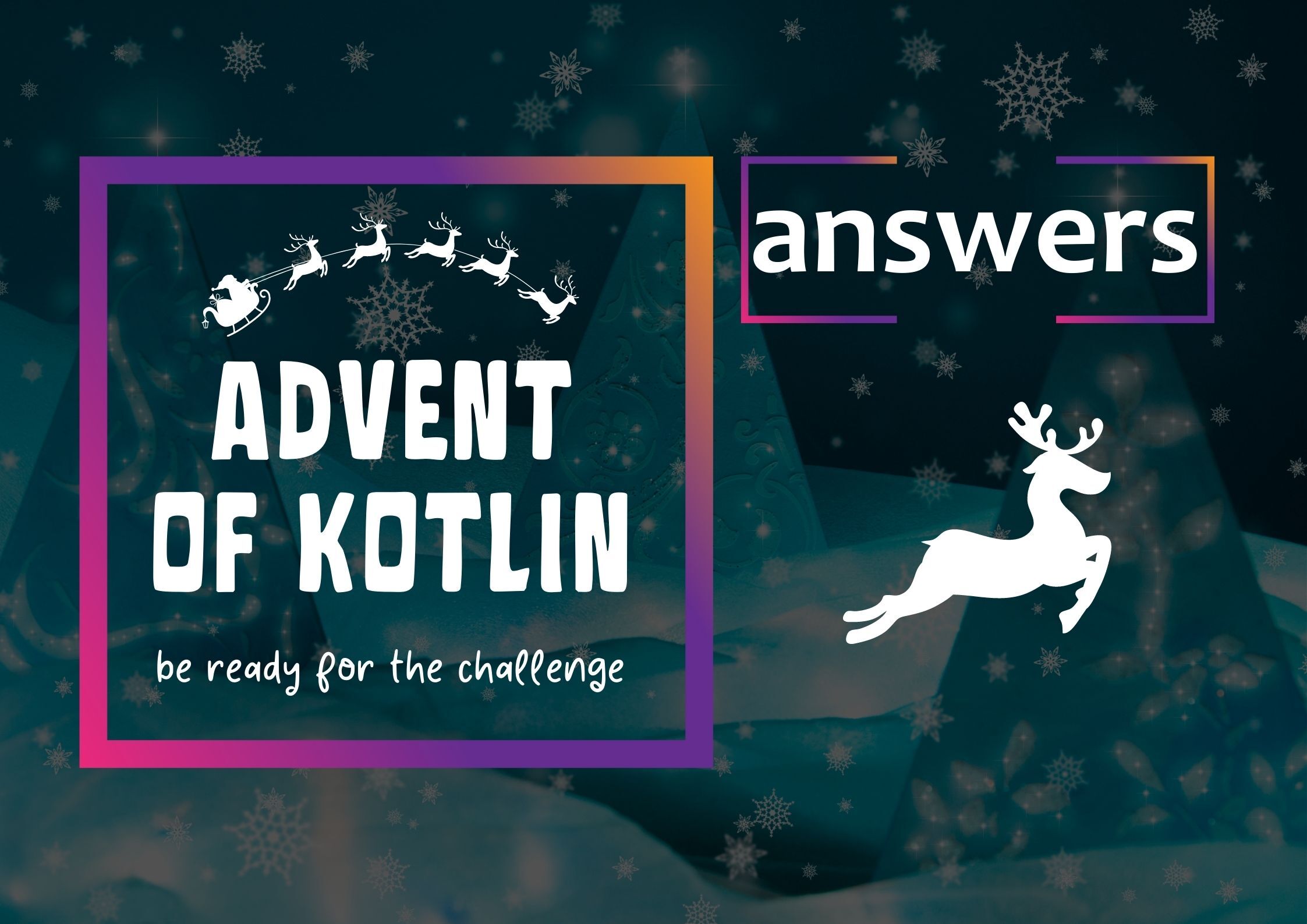Have you ever wondered about Advent, that special stretch of time many people observe as the calendar turns toward the year's end? It's a season with a rich history, a time of quiet reflection and getting ready for something wonderful. We're talking about a period that holds deep meaning for many, a stretch of weeks leading up to a big holiday, and it's quite interesting to explore what it all means, so.
For a lot of folks who follow Christian traditions, Advent is a time for looking forward and making preparations. It's about remembering a very special arrival that happened long ago, and also, in a way, thinking about a future coming. It’s a period where people often take time to think about their inner selves, to get ready for something truly significant, you know.
If you've ever had questions about this time of year, perhaps what it's all about, when it begins, or why certain things are done, then you're in the right spot. We're going to walk through some common thoughts and provide some clear, simple "advent elearning answers" to help you get a better handle on this meaningful season. We'll explore the basics and some of the ways people mark this period, basically.
- Natural Resources North Dakota
- Where The Love Go Lil Wayne
- Tattoo Bond
- Reggie Bush Hit
- Dolphins Head Coaches
Table of Contents
- What is Advent, really?
- Why do people observe Advent?
- How long does Advent last, typically?
- What traditions are part of Advent?
- Is Advent just for Christians?
- Where can you find more Advent eLearning Answers?
- The Meaning Behind the Wait
- Preparing for a Special Time
What is Advent, really?
At its core, Advent is a special season that many Christian groups recognize. It's a time for holding on and getting ready, both for the happy occasion of Jesus's arrival at Christmas and for the thought of Christ coming back in the future. Think of it as a period of calm anticipation, a bit like waiting for a very important guest to arrive. It's a way of setting aside time to focus on spiritual matters before the big celebration, you know.
Getting to Know the Season - Advent eLearning Answers
In the context of Christian belief, Advent points to a stretch of about a month that leads right up to Christmas Day. It typically starts on the Sunday that falls closest to November 30th, which is Saint Andrew's Day, and it wraps up on December 24th. So, it's not just a single day, but rather a collection of weeks, making it a true season of its own. Many people look for "advent elearning answers" to better grasp this timing, and it’s actually pretty straightforward once you see the pattern.
The term "Advent" itself comes from an old Latin word, 'adventus', which means "coming" or "arrival." This perfectly captures the spirit of the season. It’s all about getting ready for the coming of something truly significant. This period is also seen as the start of a fresh church calendar year, which is quite interesting when you consider how it aligns with the end of the regular calendar year, too. It truly sets a new rhythm.
Why do people observe Advent?
People observe Advent for a variety of deeply felt reasons, all tied to a sense of spiritual readiness. It's a chance for many who follow Christian paths to get their inner selves in order, to make themselves prepared for the coming, or the birth, of the Lord, Jesus Christ. It's a time for reflection, for looking inward, and for setting intentions, as a matter of fact.
The Heart of the Matter - Advent eLearning Answers
This season is a time for thoughtful consideration and for getting ready in a spiritual sense. It helps people remember the story of Jesus's birth and what that means for their beliefs. For many, it's a way to quiet the usual rush of life and to focus on the deeper meaning of the upcoming holidays. It’s a chance to connect with faith in a more personal way, and these "advent elearning answers" often help clarify why this quiet time is so valued.
It’s not just about looking back at history, though. Advent also points to a future hope, the idea of Christ's return. This dual focus on both past and future makes the season quite rich in meaning. It’s a way of renewing one's spiritual outlook and feeling more connected to a larger story, basically. Many find that this period helps them feel more centered and prepared for the joy of Christmas.
How long does Advent last, typically?
Advent generally follows a usual schedule each year, which is quite consistent. It lasts for a stretch of four Sundays, leading right up to Christmas. So, it’s not a fixed number of days, but rather a count of these special Sunday gatherings. This structure helps people mark the progression of the season in a clear, predictable way, you know.
Counting Down the Days - Advent eLearning Answers
The season of Advent starts four Sundays before Christmas Day and then wraps up on December 24th, Christmas Eve. This means the length can vary slightly from year to year, depending on which day of the week Christmas falls on, but it always includes those four Sundays. This consistent pattern helps people plan their observances and traditions, and finding clear "advent elearning answers" about its duration can be quite helpful for those new to the season.
For some, the count might also start on December 1st and go until Christmas Eve, especially when thinking about things like Advent calendars. But the more formal church observance focuses on those four Sundays. It’s a period that builds anticipation, with each Sunday bringing you a bit closer to the big day. It's a bit like a slow, steady build-up to a special event, really.
What traditions are part of Advent?
Celebrating Advent often involves a number of familiar customs and special ways of doing things. These practices help people engage with the meaning of the season in a tangible way. From special decorations to particular types of prayers, these traditions help mark the passing of the weeks and build a sense of expectation, so.
Common Practices - Advent eLearning Answers
One of the most well-known traditions is the Advent wreath, which usually holds four candles, sometimes with a fifth one in the middle. A candle is lit on each of the four Sundays leading up to Christmas, symbolizing the light of Christ coming into the world. The color purple is often associated with the season, representing a time of deep thought and preparation. These "advent elearning answers" about customs help show how people visually represent the season's themes.
Many people also use Advent calendars, which count down the days from December 1st to Christmas Eve, often with a small treat or picture behind each door. Other practices might include special readings, hymns, or acts of kindness and giving. These customs help create a sense of rhythm and purpose during what can otherwise be a very busy time of year, basically. They help keep the focus on the spiritual side of the holidays.
Is Advent just for Christians?
While Advent is primarily a season recognized and observed within most Christian groups, particularly by Catholics and other church bodies like Lutherans, its core themes of waiting, hope, and preparation can resonate with many people, regardless of their specific beliefs. The idea of a period of thoughtful anticipation before a significant event is quite universal, you know.
Who Observes Advent - Advent eLearning Answers
The original context and meaning of Advent are deeply rooted in Christian faith, focusing on the coming of Jesus. So, the formal observance, with its specific dates and rituals, is definitely a Christian practice. However, the broader idea of a time for getting ready, for reflecting, and for building anticipation before a joyful occasion is something anyone can appreciate. When people ask for "advent elearning answers" about who observes it, the straightforward response points to Christian denominations.
It's fair to say that while the spiritual framework is Christian, the general feeling of preparing for a special time of year, a time of giving and gathering, is something that many cultures and individuals experience. So, while the specific religious practices are for those of faith, the underlying human experience of looking forward to something wonderful is widely shared, as a matter of fact.
Where can you find more Advent eLearning Answers?
If you're looking to deepen your grasp of Advent, there are plenty of places to find more "advent elearning answers." Many churches and religious organizations offer resources, from online articles to study guides and videos. These can provide a lot of detail about the history, theology, and traditions associated with the season, you know.
Resources for Learning - Advent eLearning Answers
Online encyclopedias and religious studies websites can also be great spots for gathering more information. They often break down complex ideas into easier-to-grasp pieces. Books on Christian history or seasonal observances are another excellent way to learn more. Libraries often have a good collection of these. These different avenues can provide all sorts of "advent elearning answers" to satisfy your curiosity.
Don't forget about conversations with people who observe Advent! Talking to friends, family members, or community leaders who practice these traditions can offer a very personal and rich perspective. Sometimes, hearing someone's own experiences can make the meaning of the season truly come alive, as a matter of fact. It’s a great way to connect with the human side of the observance.
The Meaning Behind the Wait
The period of Advent isn't just about counting down days; it's deeply about the meaning of waiting itself. It's a time to ponder the significance of an event happening, an invention being made, or a person arriving. In a broader sense, it speaks to the human experience of hope and expectation, a bit like waiting for a new season to begin after a long winter, so.
Reflecting on the Season - Advent eLearning Answers
For those who observe Advent, this waiting is an active, spiritual kind of preparation. It’s about getting ready for something that has already happened in history but also something that continues to have an effect today. It’s a time for quiet thought, for looking at one's own life, and for making space for the spiritual aspects of the holidays. These "advent elearning answers" often highlight the reflective nature of this special time.
The season, marked by the shade of purple, encourages a mood of calm and thoughtful consideration. It's a chance to slow down before the often-hectic Christmas celebrations. This focus on reflection helps people connect more deeply with the core message of hope and renewal that the season brings. It truly is a time for inner work, basically.
Preparing for a Special Time
Preparing for Advent is a bit like getting ready for a very important guest to visit your home. It involves more than just physical preparations; it’s also about getting your heart and mind ready. This readiness is a core part of the experience for many who follow this tradition, you know.
Making the Most of It - Advent eLearning Answers
This period of getting ready can involve many things, from specific prayers and readings to acts of charity and kindness. It’s about creating an atmosphere of expectation and spiritual focus. People might decide to give up certain things, or take on new practices, all with the goal of being more open to the spirit of the season. Learning about these various ways of preparing can be part of finding your own "advent elearning answers."
Whether it's through lighting candles, using a calendar, or simply setting aside quiet moments for thought, the aim is to build up to Christmas with a sense of purpose and meaning. It's a way to ensure that the holiday isn't just about gifts and festivities, but also about its deeper, more profound message. It’s a way to truly make the most of this special stretch of weeks, as a matter of fact.



